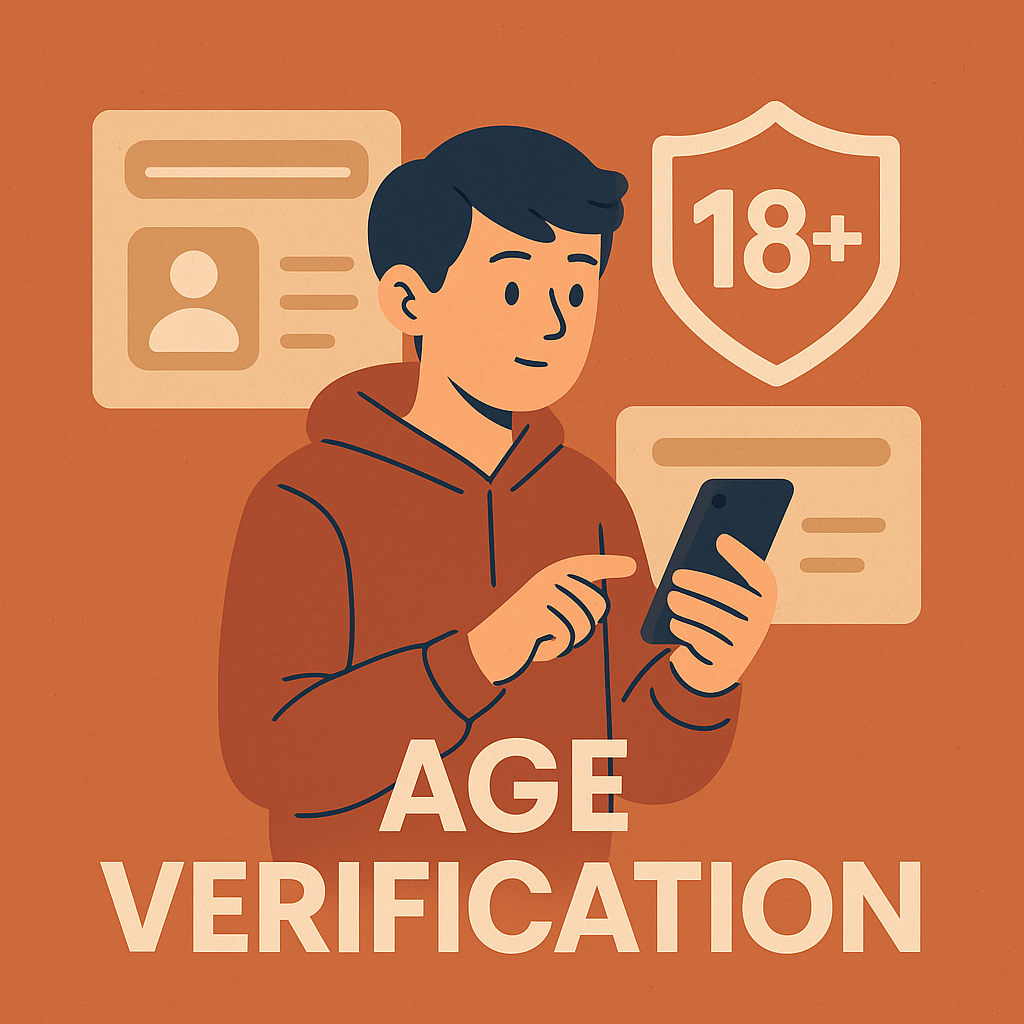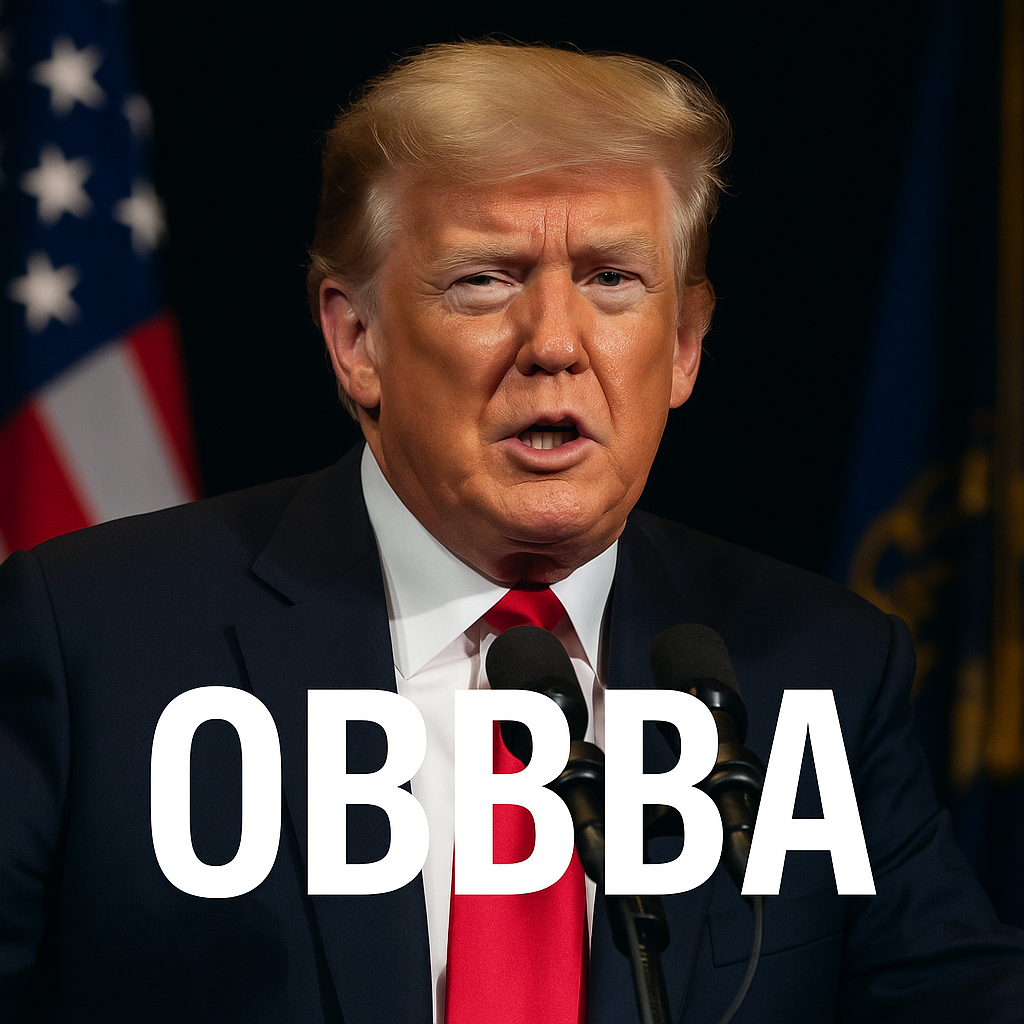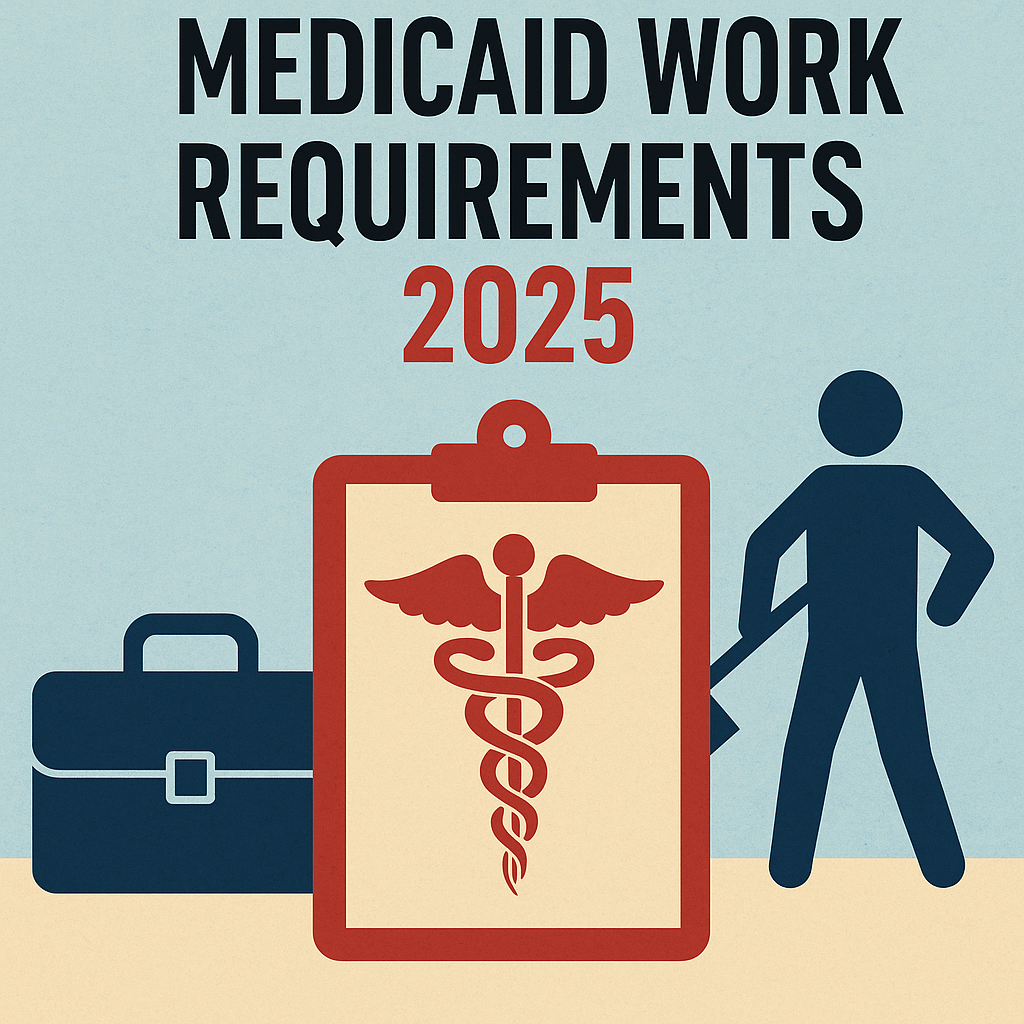In a move that’s stirring up major conversations nationwide, Texas has passed a new age verification law that requires app stores to confirm the age of users and obtain parental consent for anyone under 18. Scheduled to go into effect in 2026, this law is being called a turning point in the ongoing struggle between online freedom and child protection.
The legislation targets tech giants like Apple and Google, asking them to implement clear systems that prevent minors from downloading apps without parental approval. It’s not just about TikTok or Instagram—it’s about everything from chat apps to games that collect data or allow messaging.
Let’s break down what’s happening, why it matters, and how it could impact the way we interact with technology—especially for families.
What Exactly Is the Texas Age Verification Law?
The new law mandates that all mobile app stores introduce age verification systems to verify whether users are under 18. If they are, a parent or legal guardian must give explicit permission before the app can be downloaded or purchased.
It applies broadly—not just to social media platforms but also to any app that tracks user data or facilitates communication between users. Think messaging apps, multiplayer games, or even forums.
This means the digital experience for minors in Texas is about to be filtered through a parental lens. Supporters say it empowers families. Critics argue it opens the door to surveillance and data collection.
Why Texas? Why Now?
Texas has long been a state that pushes bold legislation. In this case, lawmakers argue the law is a necessary response to growing evidence that minors are being exposed to harmful content online—from violent media to sexualized messaging and addictive features.
The rise in mental health concerns among teens, along with the increasing influence of social media, has created pressure for action. Texas lawmakers want to take the lead and set the tone for how the rest of the country tackles youth digital safety.
This law comes on the heels of similar measures in other states like Utah and Louisiana, but Texas’ version is more sweeping and structured to put the onus directly on tech companies.
How Tech Giants Are Reacting
Unsurprisingly, tech companies are divided in their response.
- Meta (Facebook/Instagram) has generally supported the idea of making app stores handle age checks, possibly because it takes pressure off individual platforms.
- Apple is vocally opposed, citing serious privacy risks. They argue that age verification could compromise user data and create a slippery slope toward government overreach.
- Google is cautiously neutral, evaluating the practical and legal challenges ahead.
Many app developers are also waiting to see how the law will be enforced. Some fear being caught in the crossfire, while others are preparing for a future where their user experience must change dramatically.
The Parental Perspective
To many parents, this law feels like long-overdue support. Managing kids’ digital lives has become a full-time job. With endless notifications, hidden chats, and sneaky downloads, it’s hard for guardians to stay in control.
This law gives them a tool that forces children to include them in the decision-making process.
Still, concerns remain. What if tech-savvy kids find workarounds? What if the verification systems are too clunky or confusing for busy parents? There’s also worry that some lower-income families could struggle with the new requirements if the process becomes too technical.
What Does Age Verification Actually Look Like?
Age verification sounds straightforward, but it’s a thorny technical issue.
Will platforms require government IDs? Facial recognition? Credit card authentication for age verification ? Each method comes with serious privacy questions—especially when minors are involved.
This is where critics get loud. Organizations focused on digital rights warn that large-scale data collection could expose sensitive information to hackers or misuse. There’s also the question of how long this data will be stored and who can access it.
Balancing protection and privacy is at the core of this entire debate.
Legal Challenges Are Coming
As with most bold new laws, expect this one to be tested in court.
Legal experts say the law could conflict with the First Amendment, which protects freedom of expression—even for minors. Some also argue that the law oversteps by placing too much authority in the hands of the government over what kids can access online.
Free speech groups are likely to file lawsuits claiming this amounts to censorship or digital overregulation.
But lawmakers backing the bill insist that it’s about safety, not censorship. Their bet is that the courts—and public opinion—will side with parents over platforms.
Federal Regulation: Coming Soon?
The wave of state-level laws like Texas’ is increasing pressure on Congress to act.
A bill called the Kids Online Safety Act (KOSA) is gaining traction federally. It proposes many of the same ideas—age-appropriate design, parental controls, and platform accountability. However, like the Texas law, it’s already facing backlash over free speech and overreach concerns.
If the federal government doesn’t step in soon, companies may be forced to create 50 different compliance systems for 50 different states. That kind of patchwork isn’t just inefficient—it’s chaotic.
What This Means for the Future
Whether the Texas law survives legal battles or not, it marks a major shift in how we think about online responsibility.
If implemented successfully, it could spark a redesign of app ecosystems everywhere, placing more power in parents’ hands and forcing tech companies to build more transparent, child-safe systems.
It also sets a precedent. Other states are watching closely, and many are likely to follow suit. Even if Texas ends up being the test case, the digital landscape will never be the same.
Final Thoughts
The Texas age verification law is shaking up how we think about kids, apps, and the internet. It’s not just about blocking content—it’s about creating a safer, more accountable digital world for future generations.
But it also raises tough questions. Can we protect kids without infringing on rights? Who gets to decide what’s safe? And are we ready for the consequences of asking tech to be the new gatekeeper?
As the law moves toward implementation, one thing is clear: the debate over kids and technology is far from over. And Texas has just raised the stakes.
Read more in our English Section














Leave a Reply